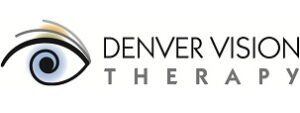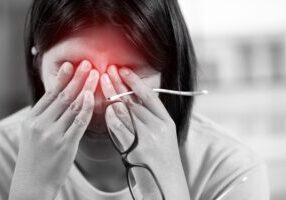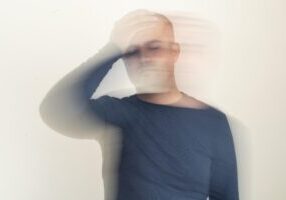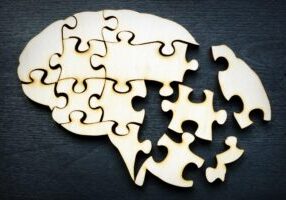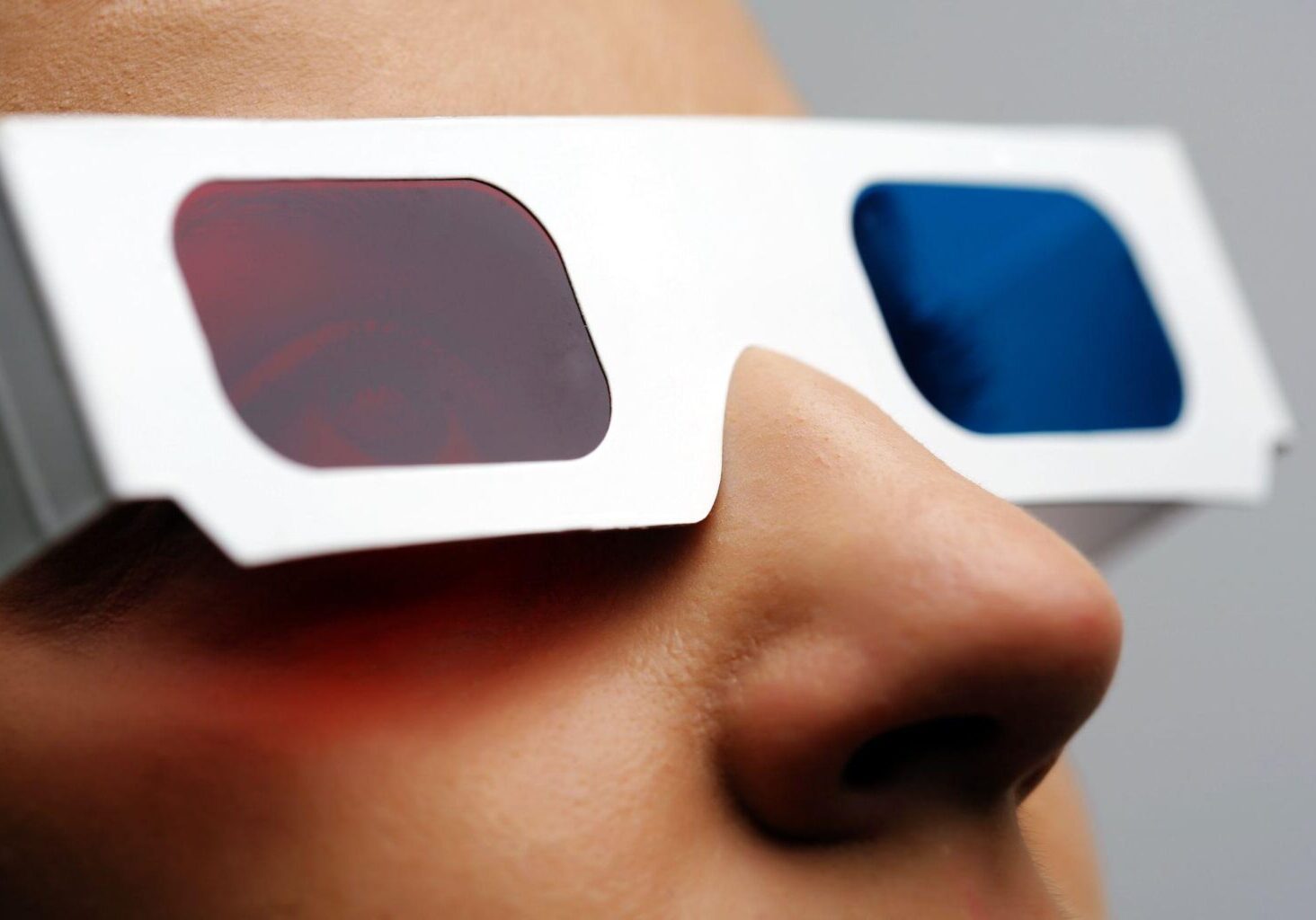Neuro-Optometric and Post-Concussion FAQ
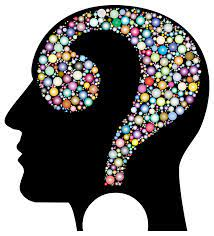
What should I do about lasting post-concussion symptoms?
Many patients suffer from concussion symptoms that persist for weeks, months, or even years. The symptoms can range from mildly disruptive to completely debilitating, causing dramatic changes to everyday activities. Grocery shopping becomes exhausting, driving is stressful, reading is fatiguing and using a computer may cause eyestrain and headaches. These symptoms are caused by changes to the visual processing in the brain, and we have several options for solutions to address the issues. Most patients experience an improvement, if not complete relief, from their post-concussion vision symptoms.
When should I be seen?
It is always better to start treatment sooner rather than later, because the brain gets ‘used to’ the new way of processing, and over time it is harder to make changes. We can see a patient within days of their concussion, often speeding up the healing process and helping to alleviate symptoms.
How long after a brain injury do vision problems develop?
Vision problems may not develop immediately! In fact, the biochemical processes that cause damage to the brain can occur up to a week after the brain injury event. Even after the first week, symptoms can continue to emerge and vision challenges may present.
Who can benefit from neuro-optometry?
Any patient that has any vision issues as a result of a neurological change or acquired brain injury may benefit from neuro-optometric rehabilitation. Our patients include those with concussion, stroke, Lyme disease, long COVID, brain tumor, multiple sclerosis, and many other neurological issues.
